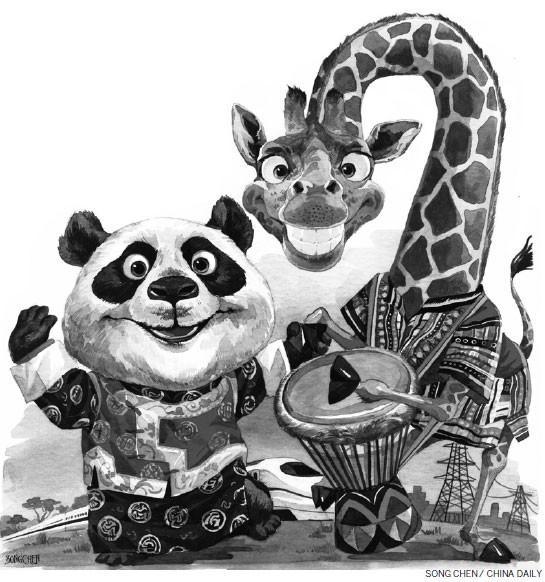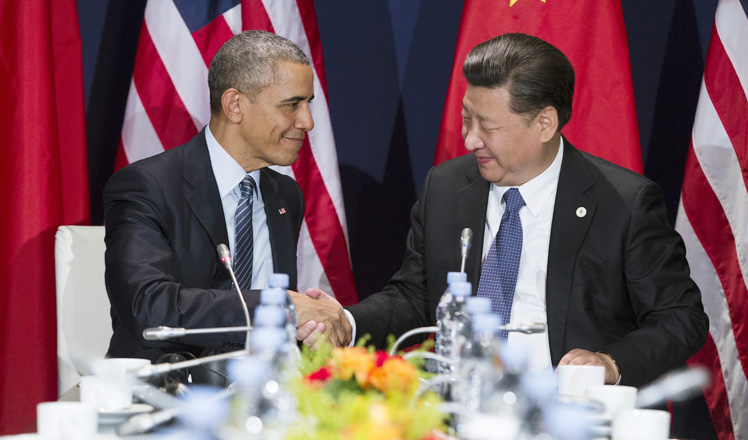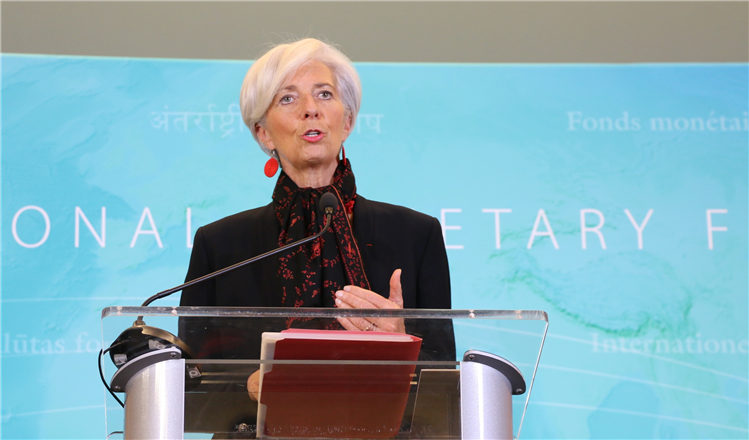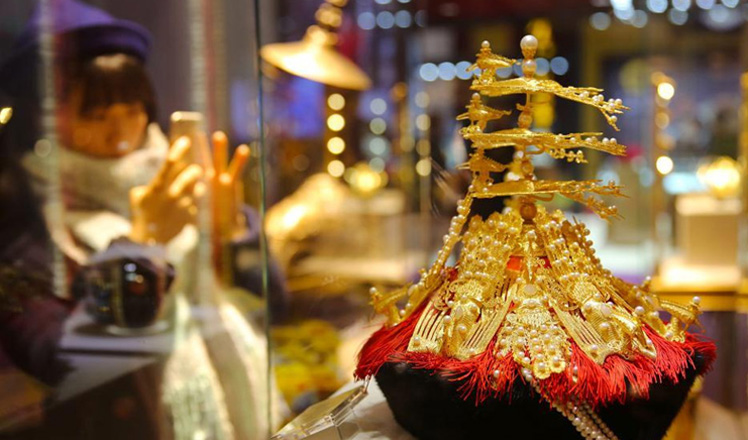A solid new start for old China-Africa ties
Updated: 2015-12-01 08:19
By YI FAN(China Daily USA)
|
||||||||
Tremendous changes have taken place both in China and Africa over the decades, yet the China-Africa relationship has grown stronger with the passage of time. Politically, equality and mutual respect is the defining feature of China-Africa relationship. As fellow victims of foreign aggression and colonization, both cherish peace and independence and respect the development paths each has chosen.
In 2013, on his first overseas trip since taking office, President Xi Jinping visited Africa and put forward the principles of sincerity, practical results, affinity and good faith, which have since become the guiding principles for China-Africa ties. President Xi called for striking the right balance between principles and interests, with greater emphasis on doing what is just and right in China's cooperation with Africa. This has set the tone for China-Africa cooperation.
Economically, complementarity and mutual benefit has been a key driving force for China-Africa relations. With its rich natural and human resources and huge potential market, Africa deserves much more than being a mere recipient of aid. For years, China's approach has been to not just "offer fish" to Africans, but to help Africans to "catch fish" by leveraging its own resources for self-sustaining development. As a result, China has been Africa's biggest trading partner for six years in a row.

Mutual help and mutual support are at the base of the China-Africa partnership. When the Ebola epidemic broke out in some African countries earlier this year, China was among the first nations to respond. Similarly, after the deadly Wenchuan earthquake in 2008, Equatorial Guinea donated €2 million ($2.19 million) to China-about one euro per person.
China has firmly supported African unity and has been finding African solutions to African problems. It has contributed to 16 UN peacekeeping missions with nearly 30,000 peacekeepers, the highest among the five permanent members of the UN Security Council.
But despite all this, new challenges have emerged in China-Africa relations. Some African countries have complained about their trade deficits with China while some are frustrated with certain underperforming Chinese projects. For China, the challenge is how to meet African countries' growing need for help and cooperation, and explore a sustainable approach to China-Africa cooperation that both synergizes the development needs of the two sides and increases the benefit perception among the African people.
Xi will visit South Africa for the upcoming summit of the Forum on China-Africa Cooperation, which will also be attended by leaders from 50 African countries as well as the Chair of the African Union Commission. It will be the second of its kind after the Beijing summit in 2006 and the first FOCAC summit held in Africa. Xi will also pay state visits to Zimbabwe. This round of intensive high-level engagements will be a new milestone in the history of China-Africa relations, which will greatly boost China-Africa solidarity and raise China-Africa relations to a new level.
Politically, leaders of both sides will chart the course for the future growth of relations. They will reaffirm their commitment to upgrading the China-Africa new strategic partnership and call for forging a community of shared interests and shared future.
The two sides will discuss ways to enhance mutually beneficial cooperation by exploring industrial alignment, production capacity cooperation and technology transfer. They are also likely to announce progress in key projects such as the Addis Ababa-Djibouti railway and Mombasa-Nairobi railway funded and undertaken by China, which will further strengthen the "backbones" of Africa's infrastructure networks.
And the two sides will enhance cooperation on global issues such as UN reform, climate change, 2030 Agenda for Sustainable Development and counter-terrorism, and unveil new measures to strengthen people-to-people exchanges.
This time-tested partnership now stands at a new starting point, and there is every reason to expect that it will embrace a brighter and more youthful tomorrow.
The author is an analyst with the Foreign Ministry of China.
(China Daily USA 12/01/2015 page12)
- Britain's Cameron says time to bomb militants in Syria
- Russia accept full suspension from athletics
- Turkish and Russian FMs to meet in Belgrade
- S.Korea, DPRK agree to hold vice ministers' meeting for improved ties
- Avoiding escalation over Russian warplane downing
- Rights panel presses US over scientists' cases

 Xi, Obama pledge to manage differences in constructive manner
Xi, Obama pledge to manage differences in constructive manner
 BRICS media leaders gather in Beijing for cooperation
BRICS media leaders gather in Beijing for cooperation
 Restaurateur spreads Chongqing xiaomian all around the world
Restaurateur spreads Chongqing xiaomian all around the world
 Civil service exam: From mock interviews to mirror practice
Civil service exam: From mock interviews to mirror practice
 'Seoul, a city of stream' exhibition impresses visitors in Beijing
'Seoul, a city of stream' exhibition impresses visitors in Beijing
 IMF includes RMB in SDR basket
IMF includes RMB in SDR basket
 Exquisite gold and jade products go on display in Beijing
Exquisite gold and jade products go on display in Beijing
 Post-85s girl's yoga dream
Post-85s girl's yoga dream
Most Viewed
Editor's Picks

|

|

|

|

|

|
Today's Top News
Chinese bargain hunters are changing the retail game
Chinese president arrives in Turkey for G20 summit
Islamic State claims responsibility for Paris attacks
Obama, Netanyahu at White House seek to mend US-Israel ties
China, not Canada, is top US trade partner
Tu first Chinese to win Nobel Prize in Medicine
Huntsman says Sino-US relationship needs common goals
Xi pledges $2 billion to help developing countries
US Weekly

|

|